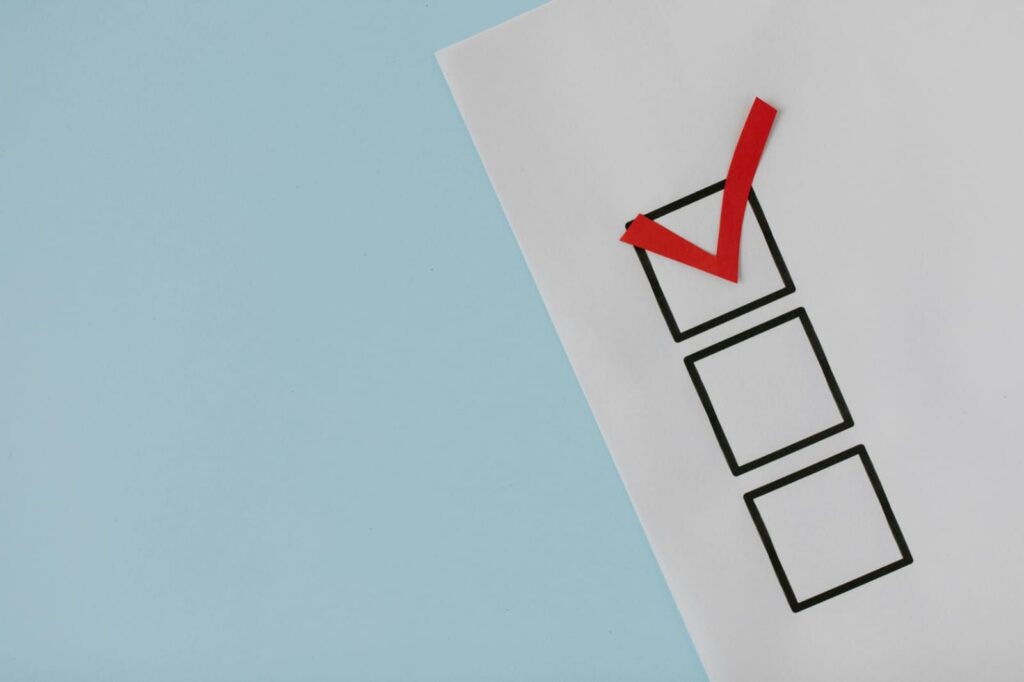We all have the right to vote and it’s vital to be informed before going to the polling stations
Politics is a tough and relentless business and certainly not for the faint-hearted.
In the current issue of Irish Country Magazine, we decided to debate the pros and cons of entering politics. As a result of the conversation generated by this topic, we did an online poll to see how many of our followers would be confident enough to go into politics and a resounding 77% of respondents said they would not be.
However, despite how the majority may feel about entering the political arena, it is incumbent upon all of us to show up and vote when required so that we can have a say in how our lives are governed.
If you’re still not exactly sure what is happening regarding the European Elections coming up in June, here is a simple run-down to get you on the right track.
What are the European Elections?
The European elections exist in order for people in the European Union (EU) to vote for Members to represent them in the European Parliament. These elected Members of the European Parliament (MEPs) will make decisions that affect your daily life so it’s important to think carefully about who you want to vote for. European elections take place every five years in all 27 EU countries.
720 MEPs will be elected in total to represent citizens at the European Parliament until 2029, with 14 MEPs coming from Ireland.
Who are the candidates for Ireland?
MEPs can be members of national political parties or can be independent. The final official list of candidates will be set out on each constituency ballot paper.
Click here to see the candidates for the four seats in the Dublin constituency. In the Ireland South constituency, four of the five outgoing MEPs are seeking re-election. You can find all the candidates here. Finally, the 27 candidates for the Midlands North-West constituency can be found here.

When does the voting take place?
Mark your calendar – the elections will take place across the EU from Thursday to Sunday, 6 – 9 June with the Irish component happening in voting centres around the country on 7 June. Click here for information on voting accessibility and facilities for voters with disabilities.
Where can I vote?
You have to vote in a specific polling station based on where you live. The address of the polling station is included on your polling card. Online voting is not an option in Ireland. Click here to make sure that you are registered and eligible to vote.
Do I need to bring ID?
It’s a good idea to bring some form of ID with you to the polling station in case you are asked to provide it. These can include a passport, driving licence, PPS card or student ID card.
Can I vote as an Irish citizen abroad?
Yes, if you are abroad you can vote in an election or referendum in Ireland as long as you are 18 years old or older, are ordinarily resident in Ireland and if your name is on the electoral register.
Local elections
Don’t forget that local elections are also taking place around the country on 7 June to elect councillors as public representatives on local authorities.
These are also hugely important to consider because local councillors make policy decisions about so many things at local level including; planning, roads, traffic, housing, environmental services, recreation and community development.
You can find out more about these here.








